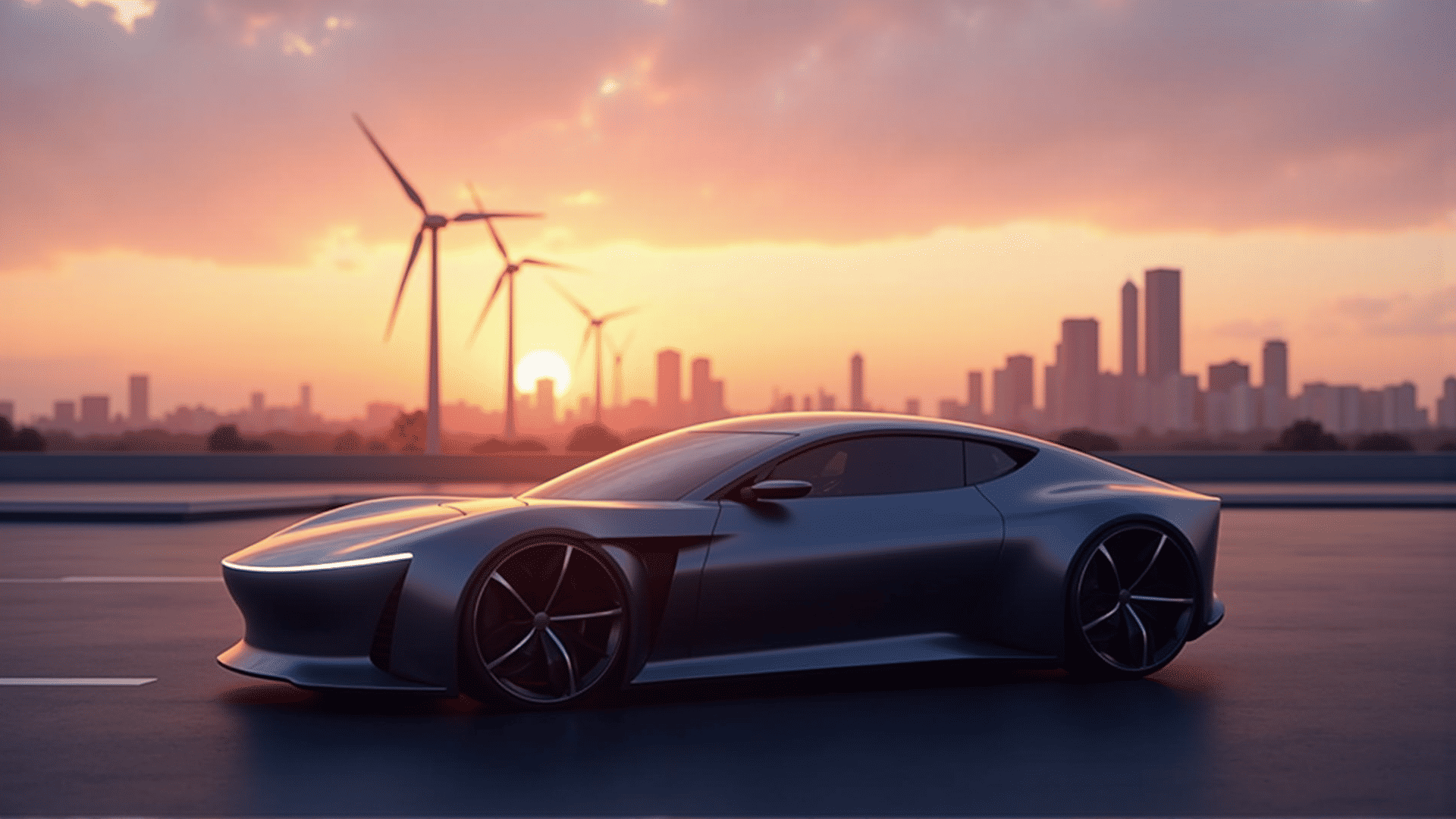Electric vehicles (EVs) have swiftly emerged as a cornerstone of sustainable transportation in the 21st century, signifying a pivotal shift away from fossil fuels towards a greener future. As concerns over climate change, air quality, and finite oil reserves intensify, the development and adoption of EV technology have accelerated dramatically. This rapidly evolving field is driven by transformative innovations that promise to further revolutionize the way we travel and interact with our environment.
One of the most significant technological advancements in the realm of electric vehicles is in battery technology. The progression from traditional lithium-ion batteries to more advanced alternatives like solid-state batteries is a game-changer. These next-generation batteries offer higher energy densities, longer lifespan, faster charging times, and enhanced safety. Solid-state batteries, devoid of liquid electrolytes, drastically reduce the risk of overheating and are less prone to degrading over time, thus extending the useful life of EVs and lowering long-term costs for consumers.
Beyond battery innovation, the integration of renewable energy sources into the EV ecosystem is another critical development. Solar-powered vehicles, for example, demonstrate tremendous potential. By equipping EVs with built-in solar panels, manufacturers aim to provide a self-sustaining element that can recharge batteries on the go, extending range capabilities significantly. Although currently in nascent stages, advancements in photovoltaic efficiency are driving this concept forward, offering hope for a future where vehicles could substantially rely on free, abundant solar energy.
The EV of tomorrow is also set to be more connected and autonomous. The integration of Internet of Things (IoT) technologies and advanced artificial intelligence (AI) is paving the way for smarter and more efficient driving experiences. Vehicles equipped with these technologies can optimize routes, manage energy consumption efficiently, and offer enhanced safety features such as predictive maintenance and improved driver assistance systems. Autonomous driving capabilities, coupled with electric power, are expected to decrease traffic congestion, reduce emissions further, and increase mobility accessibility, especially in urban areas where traditional car ownership is becoming less feasible or necessary.
Hydrogen fuel cells represent another promising frontier in the effort to diversify the fuel options for electric vehicles. By converting hydrogen gas into electricity while emitting only water vapor as a by-product, hydrogen fuel cells offer a zero-emissions alternative that complements battery-powered EVs. Research is underway to make hydrogen production more sustainable and cost-effective through methods such as electrolysis powered by renewable energy sources.
Furthermore, the global push for a circular economy is increasingly influencing the EV industry. Sustainable sourcing of materials, recycling initiatives, and eco-friendly manufacturing processes are being prioritized to minimize the ecological footprint of EV production and end-of-life disposal. Automakers are investing in closed-loop systems that allow for the reuse of key materials like lithium, cobalt, and nickel, ensuring that the environmental benefits of EVs extend beyond their operational life.
Finally, government policies and international agreements are playing a vital role in shaping the future landscape of electric vehicles. Incentives such as tax rebates, subsidies, and the establishment of extensive charging infrastructure are crucial in making EVs more accessible and appealing to a broader audience. Simultaneously, regulations imposing stricter emissions standards are driving automakers to accelerate their transition to electric fleets.
In conclusion, the future of electric vehicles is bright and full of promise. With ongoing advancements in technology, materials science, and infrastructure, alongside concerted global efforts to support these shifts, electric vehicles are not just the future of transportation; they are a critical component in the broader strategy to achieve a more sustainable planet. As these innovations continue to unfold, the EV industry is poised to transform our daily lives, reduce our environmental impact, and steer humanity toward a cleaner, more efficient future.
